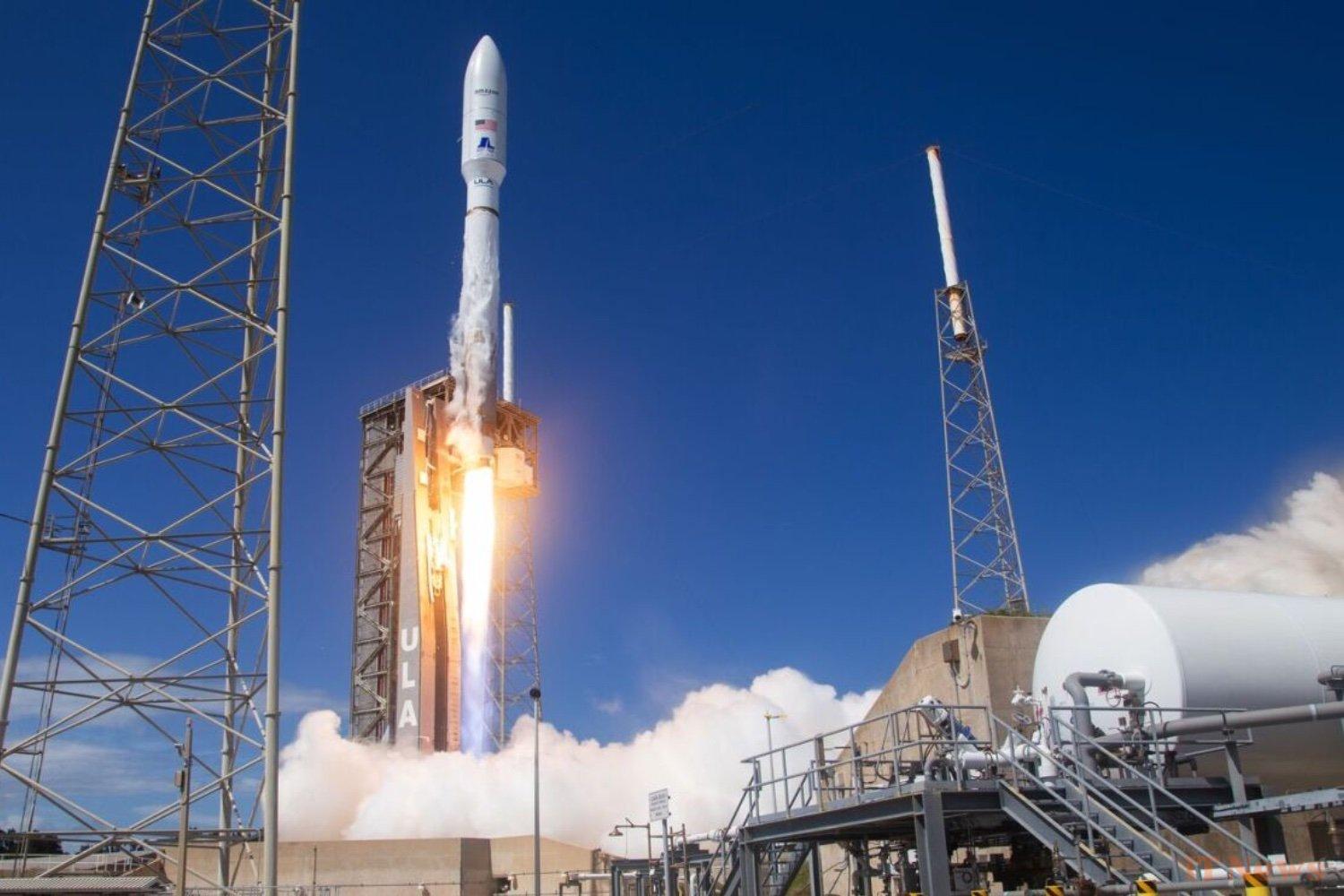With the Kuiper project, Amazon wants to move into a new dimension and become a telecommunications giant. The first tests carried out in October 2023 were crowned with success, but the shift to higher gear is more complicated than expected. Bloomberg reports that more than a year after launching the production line near Seattle, the company has only assembled a handful of satellites. A far cry from the 1,600 units to put into orbit by the summer of 2026.
Amazon behind schedule
Amazon is reportedly barely managing to manufacture one satellite per day. This is a serious problem: the company has in fact committed to the FCC, the American communications regulator, to ensure that half of the 3,236 planned satellites are operational by the deadline. Of course, the group can always request an extension of the deadline: in normal times, this would be a formality, but we are not living in normal times!
Elon Musk, who is also the boss of SpaceX (and therefore Starlink), advises the American government on many strategic choices. His influence also weighs on the FCC, where Donald Trump installed a close associate, Brendan Carr, who recently called on Europe to choose between Starlink and China for its satellite internet access network...
Analysts nevertheless believe that Amazon should obtain the FCC's approval for this delay. Political and regulatory issues are one thing, but technical problems are another.
Production difficulties are still prominent, due in part to defective parts supplied by subcontractors. The group hopes to assemble five satellites per day in its factory, which now operates around the clock, with night shifts and extended hours. Starlink produces six satellites per day at its Redmond site, a rate achieved after years of work.
In its misfortune, Amazon is lucky. A first batch of 27 satellites was scheduled to take off on April 9, but the mission was pushed back to April 28 due to weather conditions. The e-commerce giant has booked launches with several providers — ArianeGroup, Blue Origin, ULA, and even SpaceX — but not all the rockets are ready, which further slows down the program. Amazon can therefore use these delays to justify the postponement request.
Despite Despite headwinds, optimism always prevails. "Our main objective is to deliver the service to customers by the end of the year," assures a spokesperson for the group. We will have to pull out all the stops to achieve this.
Source: Bloomberg



0 Comments